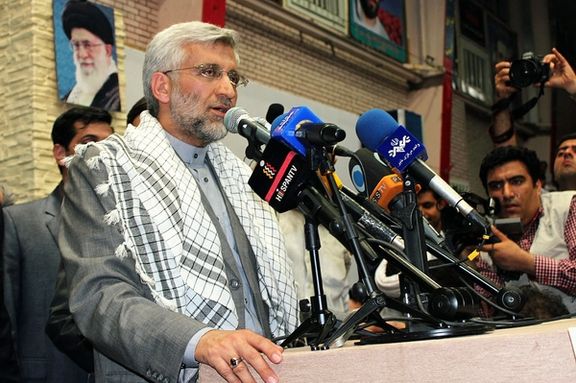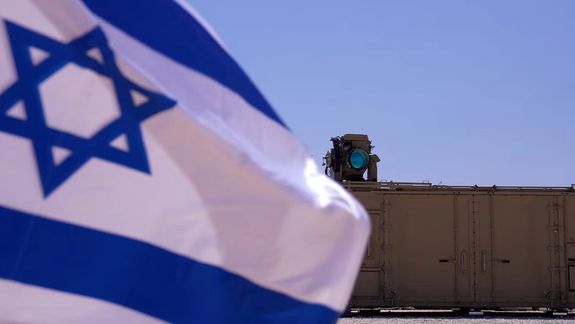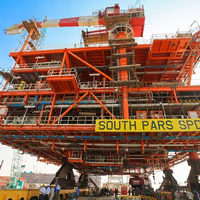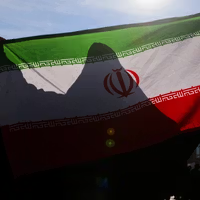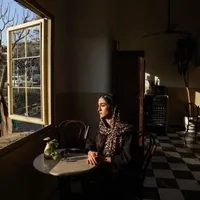Karami calls it an “engineered drought”—a manufactured emergency that lets authorities avoid long-overdue reforms while shifting the financial burden to citizens.
“There is water,” he said. “But it costs the government more to deliver it in the summer—so they shift the burden to the public instead.”
Only 20–30% of Iran’s water shortage, Karami argues, is due to climate change. The rest is policy-driven—and reversible.
But instead of investing in infrastructure or reforming water use, the government relies on fear to suppress demand, while consumer prices remain unchanged.
“If people reduce their consumption just a little, it saves the government a lot of money,” he explained. “The price they pay for water stays the same, but the state spends less.”
The consequences are devastating.
Across the country, families are going days without water. Residents are hoarding bottles, installing rooftop tanks and depending on tanker trucks—some of which deliver polluted or undrinkable supplies.
Satellite imagery obtained by Iran International shows Tehran’s main reservoirs—Amir Kabir, Lar, and Latyan—at historic lows, holding less than 10% of their usable capacity.
Meanwhile, the capital is literally sinking. Over-pumping aquifers has caused parts of Tehran to subside by more than 10 inches a year.
The crisis is fixable, Karami says, yet the system profits from public panic as ordinary Iranians are left to suffer.
“This is not the first time they’ve said Tehran would run out of water in two weeks,” Karami said. “And yet, the water keeps flowing.”
Beyond drought
"The solution is: you have to take part of the water from agriculture and give it to the people. That is very easy," Karami said.
Agriculture, he said, consumes more than 90% of Iran’s freshwater annually, yet contributes just 9-12% of GDP and employs only about 17% of the workforce. In contrast, households use just 4-5%, and industry only 1%.
Despite its relatively small economic footprint, agriculture’s massive water consumption places unsustainable pressure on Iran’s finite freshwater supplies.
But Karami says this isn’t conventional agriculture but in large part state-guided enterprise aimed at provisioning Iran's sprawling military.
"They’re using all water resources for agriculture to make enough food for the soldiers," he said.
Wells proliferation
The numbers tell the story: Iran’s cultivated land has more than doubled since 1979. Deep wells have exploded from 40,000 to over one million. Roughly 40% of agricultural water is wasted in transport or lost to outdated irrigation methods.
Karami says just a 5% cut in agricultural water use would free up enough water—4 to 5 billion cubic meters—to supply Iran’s entire urban population.
He believes efficiency is possible: through irrigation upgrades, reduced waste, and mechanizing half of Iran’s farmland. But he doubts the political will exists to pursue it.
“We’re the first in the world for soil erosion. First in desertification,” Karami warned.
"The main legacy of the Islamic Republic won’t just be executions or war. It will be this: environmental collapse."
Despite the scale of the suffering, Karami doubts the current crisis will trigger mass protests. He believes the authorities will likely resolve the immediate shortages in the coming weeks—just enough to defuse tension and avoid unrest.
You can watch the full episode of Eye for Iran on YouTube or listen on any major podcast platform like Spotify, Apple, Amazon, or Castbox.





